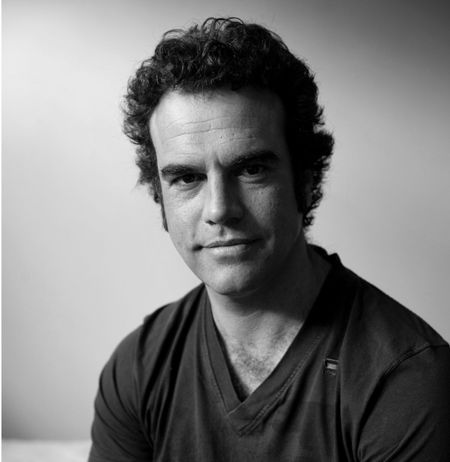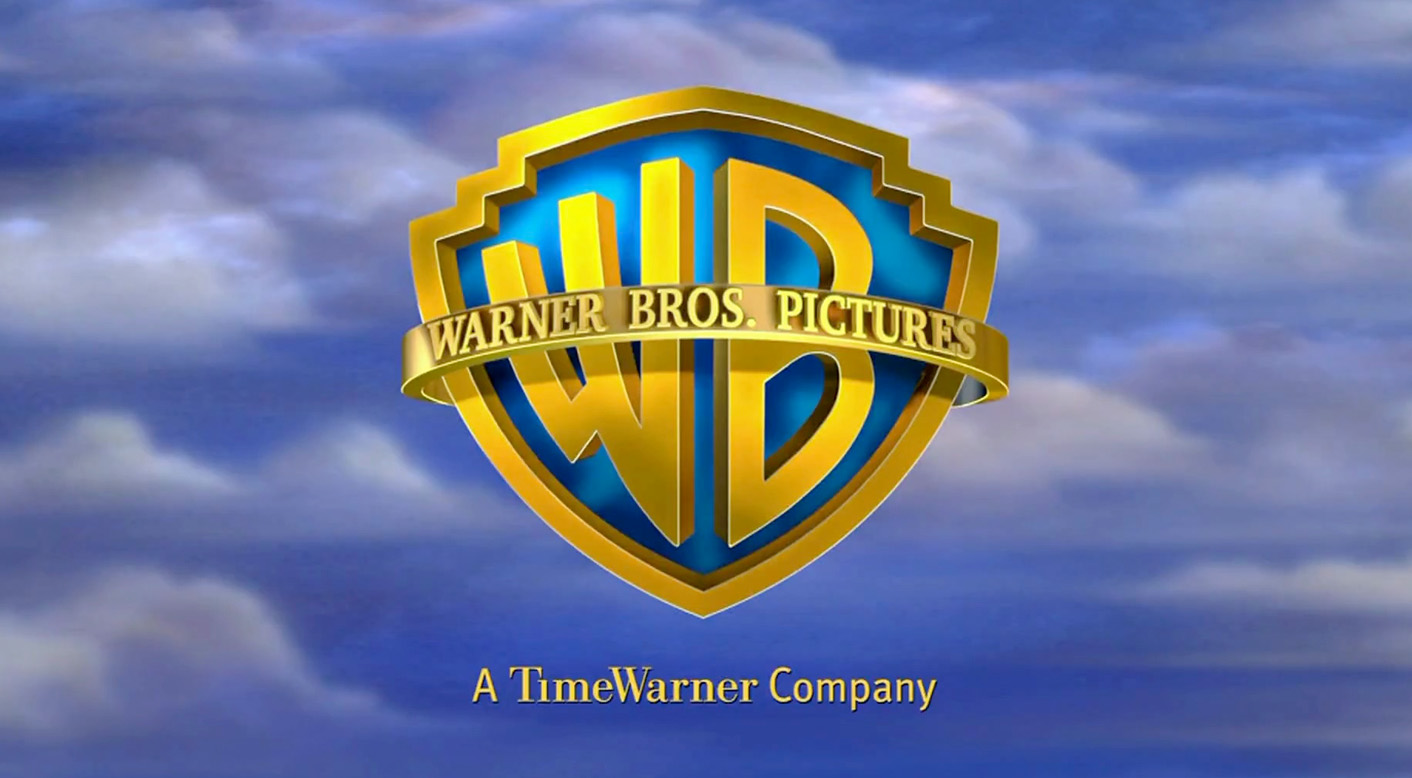It started with a dog that was rescued from the trenches in World War I. Actually, it started before that, when four brothers named Harry, Albert, Sam and Jack acquired a movie projector and sold tickets to screenings in the mining towns of Pennsylvania and Ohio. But the dog was the thing. Because until Rin Tin Tin was introduced to them in the early ‘20s, the Warner brothers were going broke.
Warner Brothers Pictures was incorporated in 1923 with the help of a loan Harry finagled out of his banker, and whether it was by design or luck (or both) the studio hit on something that remains as true in the Internet age as it was back then: people like to watch clips of furry animals doing adorable things. Following the enormous success of his debut film, Rin Tin Tin was known around the office as “the mortgage lifter”. As the studio’s biggest star, he was soon earning a salary of $6,000 a week.
Which is a fascinating tale by any measure, but particularly for a company that would go on to become intimately associated with such enduring childhood staples as Bugs Bunny, Daffy Duck, Tweety Bird and Sylvester. What Walt Disney figured out with “talking” cuddly animals—Rin Tin Tin, for all his bluster, was a silent movie star—a cartoonist by the name of Leon Schlesinger perfected. By the early 1940s, Looney Toons and Merrie Melodies had set the benchmark by which the repartee of domesticated wildlife would forever be measured.
Still, when Warner Brothers bought the cartoon outfit from Schlesinger, after years of distributing the animated shorts, Jack Warner treated it as a second-class division. Not only was he under the impression that Disney’s Mickey Mouse was one of his own, he sold off the rights to the unit’s pre-1948 library for a laughable $3,000 a show.
Snobbery? You betcha. Jack had spent much of his youth in Youngstown, a place J Edgar Hoover once called the toughest city in America, and about which the most successful Warner brother (after Sam’s death, Jack stiffed Harry and Albert out of their shares) wrote in his autobiography: “There was a murder or two almost every Saturday night in our neighborhood, and knives and brass knuckles were standard equipment for the young hotheads on the prowl.” Was a guy like that going to credit his success to a stammering duck, or to Bergman and Bogey in Casablanca (1943)?
And lest we forget, Jack had already fired Rin Tin Tin back in 1929, without so much as a by-your-leave—the advent of “talkies” in 1927, with the commercial smash hit The Jazz Singer, meant that an itinerant Jewish cantor could finally replace the German Shepherd as the face of the studio. Of course, Al Jolson would himself be replaced by Edward Robinson, when gangster films trumped musicals in the depression era, and Robinson would in turn be replaced by Bette Davis, when glamour became Hollywood’s next big shtick.
The history of Warner Brothers from those years until the present can be summed up in a string of key words, which by free association should provide further proof of the studio’s deep entrenchment in popular culture: Lauren Bacall, Doris Day, Vivien Leigh, Cheyenne, Scooby-Doo, Dirty Harry, Superman, Caddyshack, Police Academy, Austin Powers, The Matrix, Harry Potter.
In 2008, to mark the studio’s 85th anniversary, the above history—plus a whole lot I’ve left out—was made available on an American Masters miniseries called You Must Remember This. Last year, during an extended three-month trip to the United States, I managed to catch a few reruns. My impressions? I don’t remember any of it. Clint Eastwood’s narration put me to sleep, and if there were any classic standoffs between Bugs and Daffy—“Wabbit season!” “Duck season!”—I heard them only in my dreams.
The book, apparently, is a whole lot better. Also titled You Must Remember This (if you don’t know why, there’s no point telling), it’s a thick tome of around 500 pages that you won’t find at Exclusives but can order in hardcover from Amazon for $31.50. While I can’t say I own a copy, I can say it received a very favourable review in the New York Times. My favourite part of the review follows:
“Schickel [the author] tells another story, one about how someone once remarked to an elderly Jack Warner (who died in 1978) that he must have been relieved to relinquish the day-to-day running of the studio: He replied: ‘Once I ran a studio. Now I’m just a rich old Jew.’ That comment is, Schickel writes, ‘slightly vulgar, slightly shocking, but like the best Warner Brothers pictures, brutally truthful. And touchingly human.’ It also underscores the essential truth that while Hollywood movies have always been designed to entertain, and to make money, their more lasting qualities—the dreams they keep alive in us— are a byproduct whose value is unquantifiable.”
That noted, in 2013 Warner Brothers will again try to quantify these dreams when they dedicate the entire year to their 90th anniversary. As well as unveiling a new logo, the studio will release a range of nostalgia products, including enormous 100-film DVD and 50-film Blu-ray collections. According to an article this week in Hollywood Reporter, part of the celebration is a 40-film Clint Eastwood DVD collection with a documentary on the actor and filmmaker.
Is it hyper-critical to note that there was nothing in the announcement, either in Hollywood Reporter or Variety, about Rin Tin Tin? Maybe current chairman Barry Meyer felt that the omission would reflect the founder’s wishes? Maybe the company decided that further associating their brand with Eastwood, the guy who narrated their last trip down memory lane, is a smart business move? Maybe they just didn’t think it would be relevant to mention cuddly animals? Whatever it is, it’s kind of ironic that Warner Brothers is responding (however unwittingly) to a growing feeling amongst critics that Hollywood no longer makes movies for grownups.
Because a day before the Warner Brothers announcement, David Denby, leading film critic for the New Yorker, argued that the industry currently generates only three types of movies: blockbusters based on comic books, video games and young adult novels; animated pictures from Pixar; and genre flicks covering the entire spectrum from thriller and sci-fi to rom-com, weekend-debauch and horror.
“My friends under about forty-five accept this as normal,” he griped. “They don’t know that movies, for the first eighty years of their existence, were essentially made for adults. Apart from the fall season, adults are mostly abandoned for the rest of the year. They wander about looking for something to see and usually retreat (quite rightly) into television.”
Far be it from me to disagree with the likes of Denby, but the history—actually, the very existence—of Warner Brothers would suggest otherwise. DM
Read more:
- “The Glory and the Guts,” in the NYTimes
- “Whatever happened to movies for grownups?” in the New Yorker
- “Warner Bros. to Celebrate 90th Anniversary With New Logo, Massive DVD Collections,” in the Hollywood Reporter





